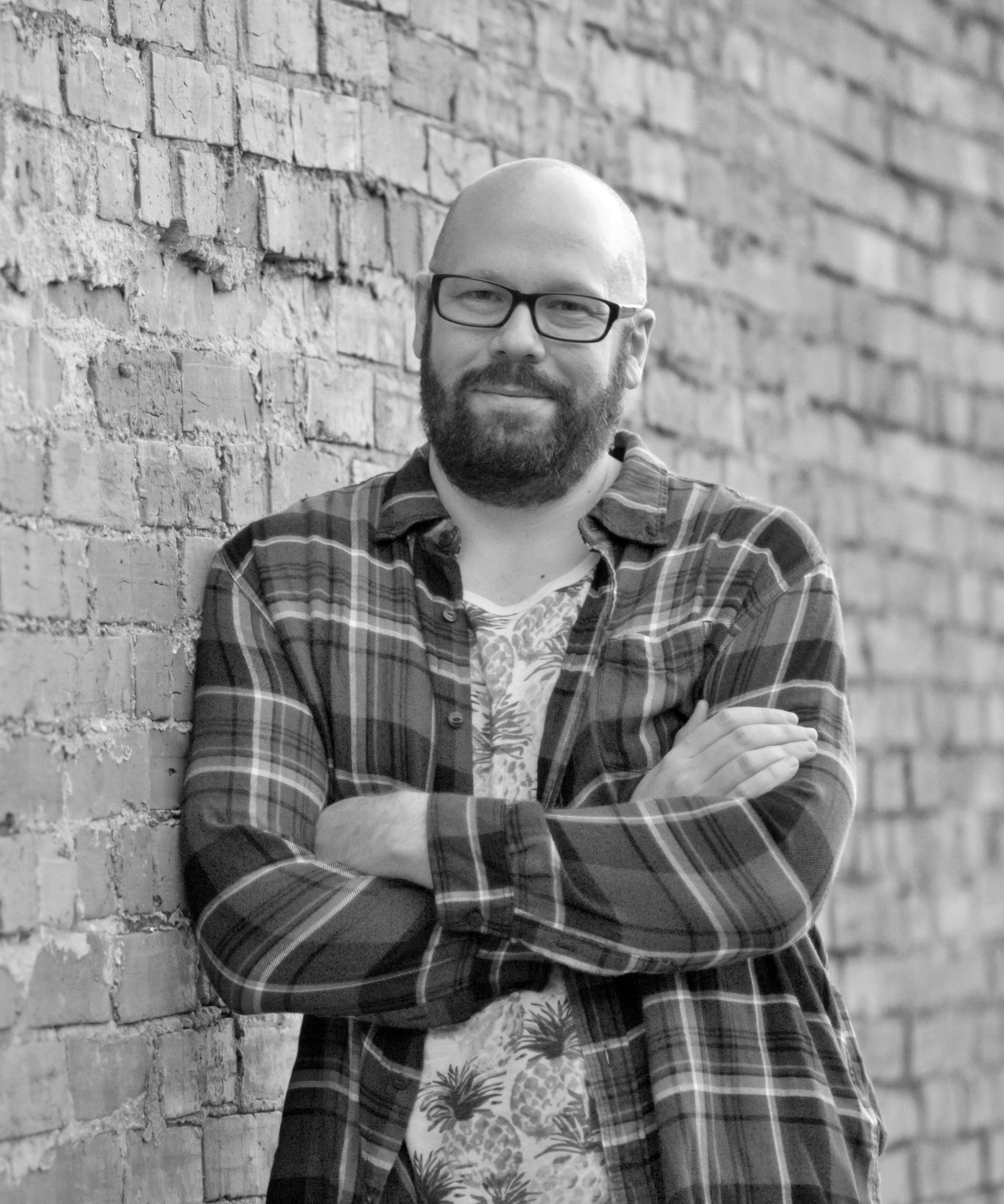Dr. William Robertson
Assistant Professor
Office
317 McCord Hall
Office Hours
TBA

About Dr. Robertson
Broadly, I am interested in the connections between biomedical practice and cultural
norms concerning bodies, genders, and sexualities. My research sits at the intersections
of critical medical anthropology, queer theory, and science & technology studies.
LGBTQ+ people's needs and desires are centered across my research projects. My PhD
dissertation work, based on 12 months of ethnograhpic fieldwork in an anal cancer
prevention clinic in Chicago, developed a queer theory of care to challenge heteronormative
logics subtly undergirding medical care and anthropological scholarship on care. That
project put Mary Douglas' classic anthropological theories of dirt/pollution and taboo
into conversation with more recent work from queer and trans theory, especially concerning
issues of embodiment, heteronormativity, and humor. My earlier Master's Thesis work
examined the experiences of queer medical students as they were socialized into medical
professionalism and developed a heteronormative medical gaze.
At the UofM, I have worked with fellow anthropologist Dr. Lindsey Feldman on a project
examining sexual health education among people in re-entry after or diversion from
incarceration. That project, funded by the Wenner-Gren Foundation and a UofM College
of Arts and Sciences Faculty Research Grant, involved collaboration with a local non-profit,
The Haven, for whom we did program evaluations and needs asssessments as well as collected
data on the meanings of care and the LGBTQ+-affirming approach their sexual health
education program took.
I am currently developing two projects. First, I am developing an applied ethnographic
field school in collaboration with my colleague Dr. Jill Fleuriet at the University
of Texas at San Antonio, to begin in the summer of 2025. The field school will center
on arts, health, and community, with the goal teacingh students engaged/applied community-based
research methods through partnerships with local arts organizations in Memphis and
San Antonio. The second project will examine the impacts of anti-LGBTQ+ legislation
in the US on the wellbeing of queer and trans people, with special emphasize on the
ways LGBTQ+ people develop resilience and community in the face of such necropolitical
attacks.

